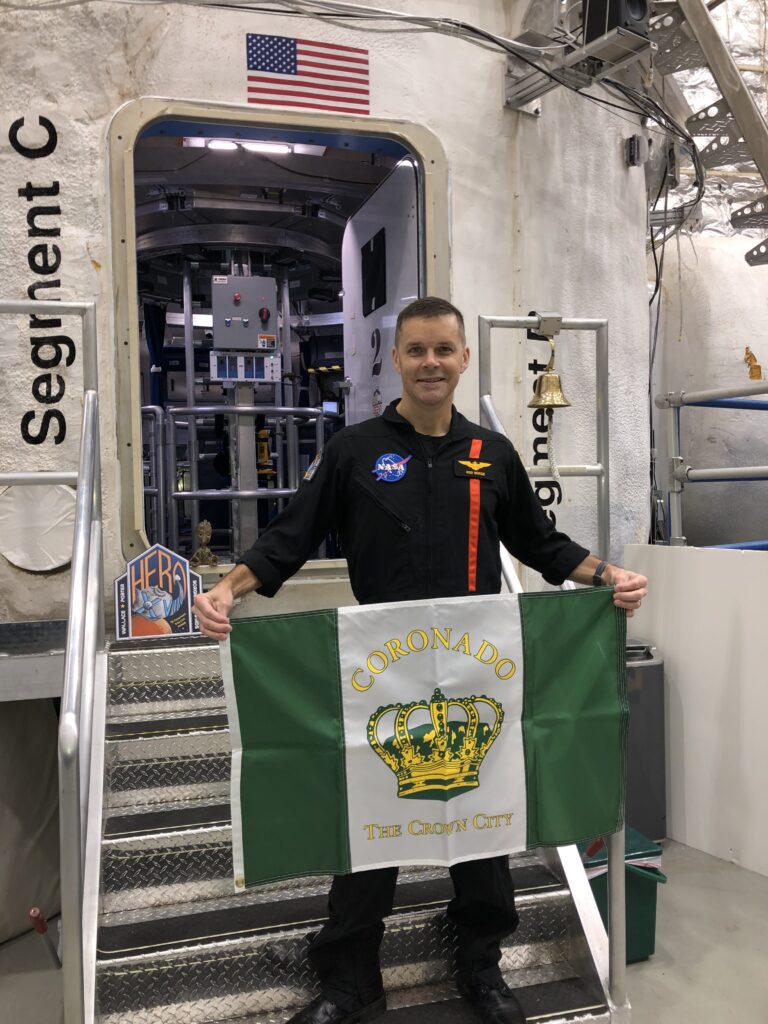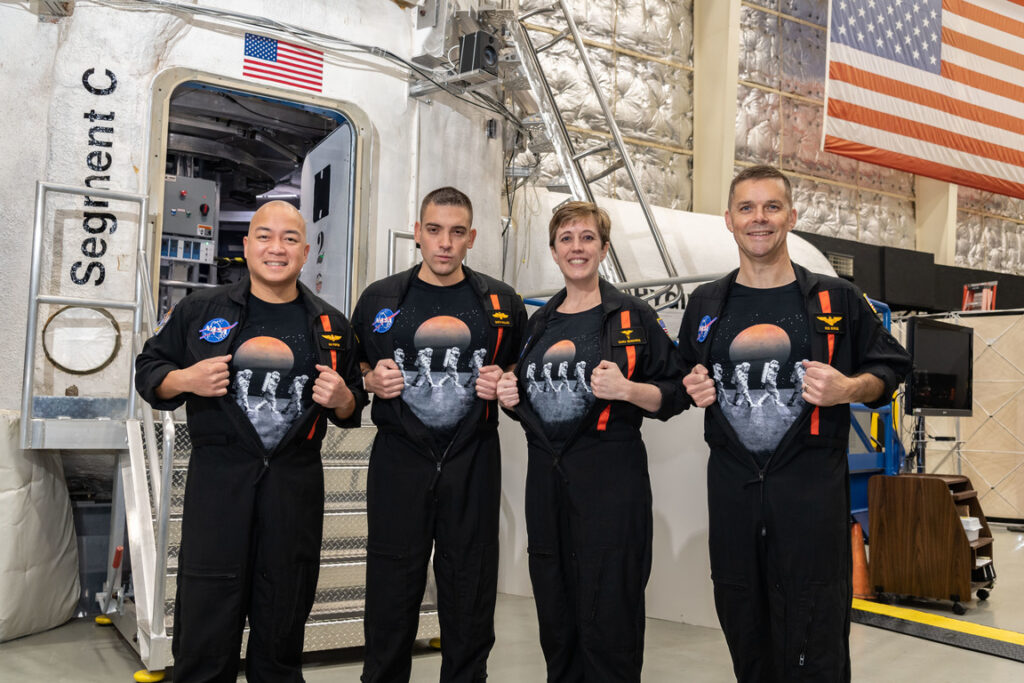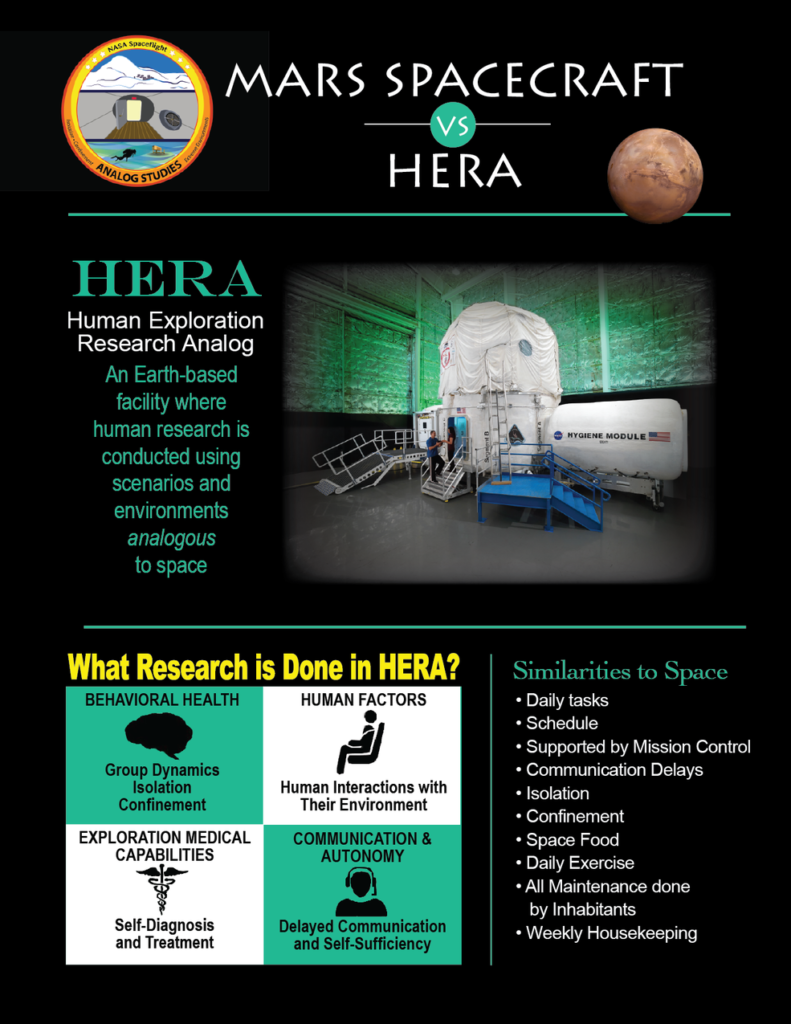
Coronado resident and Navy Captain, Rod Borgie completed a 45 day mission for NASA in which he and three other team members were confined to living in a three story habitat that simulated conditions of space exploration. NASA has developed the Human Research Program known as Human Exploration Research Analog (HERA) to gain an understanding of the physiological and psychological impact travel to Mars would have on humans. Located at NASA’s Johnson Space Center in Houston, the HERA program allows NASA to study the effects of isolation and confinement without leaving Earth.
Borgie, a dual designated Naval Officer who served as both a Naval Aviator and a Navy Doctor (a neuroradiologist), is currently the deputy force surgeon for Commander, Naval Air Forces. He and his wife Suzie enjoy living in Coronado and raising their three children Andrew (16), Emma (15) and Jonathan (8) in such a tight-knit community. “I’ve lived here on an off while in the Navy and love the small town feel and friends both in and out of the Navy” shared Borgie. When asked why he wanted to take part in the HERA mission he said, “I have always wanted to be an astronaut and this was a unique opportunity to contribute to that mission and something greater than myself.”
Borgie had to leave his family and island life behind to join three strangers, Sara Edwards – a nurse from Chicago who is also an Army reservist, Ian Porter – an aerospace medicine physician and Navy Flight Surgeon stationed in Pensacola, Fla., and Dustin Wallace – a Navy reservist and merchant marine engineering officer, as part of the HERA XVIII Crew. Borgie took part in the 18th mission for HERA that increases confinement time with each new campaign. The first four missions were just 7 days, then increased to 14 days for the the next four missions, then to thirty days for the next four missions, and missions are now 45 days. Luckily Borgie and his crew got along very well in the close quarters. He said, “we all had a common goal of maximum performance for a successful mission. We capitalized on each other’s strengths to plan our daily workload effectively.”
Living in close quarters can be challenging but Borgie shared that, “The time went by pretty fast with 16 hour days scheduled between science experiments, system maintenance, flight analogs and our own time for hygiene, meals and exercise. Since we all had some sort of military background (not all crews do), we had the proper expectation management and we recalled that this was a lot nicer than previous deployments. I believe tools gained by serving in the military will directly contribute to our extended space missions in the future.”

NASA conducted an exit interview Q&A with all the crew members so they could share their thoughts. Aside from missing sunlight and the smell of outside air, Borgie said, “I missed going to my kids’ ball games and activities the most. Although it can be very hectic, I’m looking forward to jumping back into their lives when I return home.” Borgie went on to shared that what he enjoyed most was “the human behavior research and how we were given tools to enhance communication, explore team-building strategies and actively work conflict-management solutions. My crew members were an outstanding group and I feel blessed to have shared time with them. I can honestly say I am a better person for having done missions with them.”





